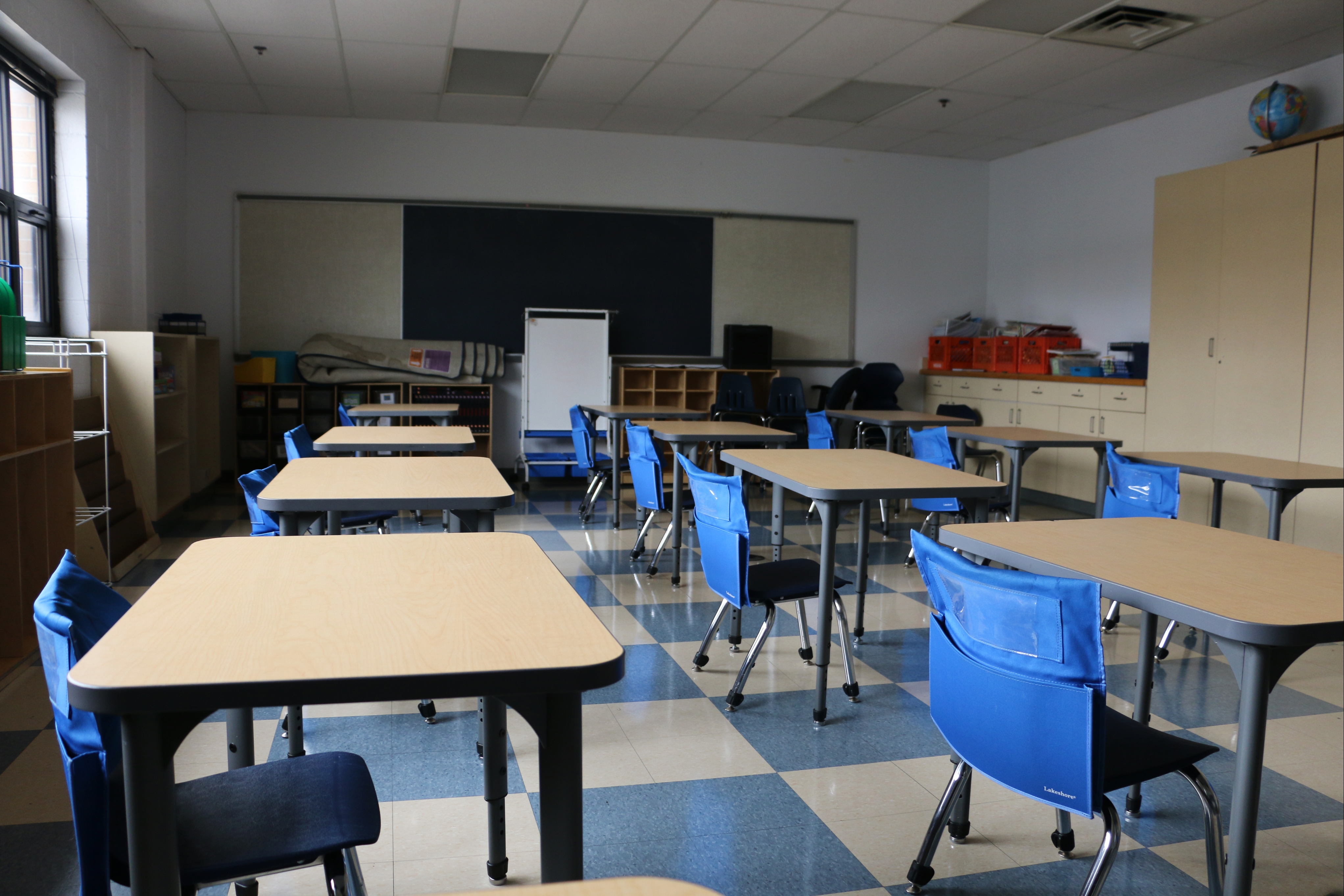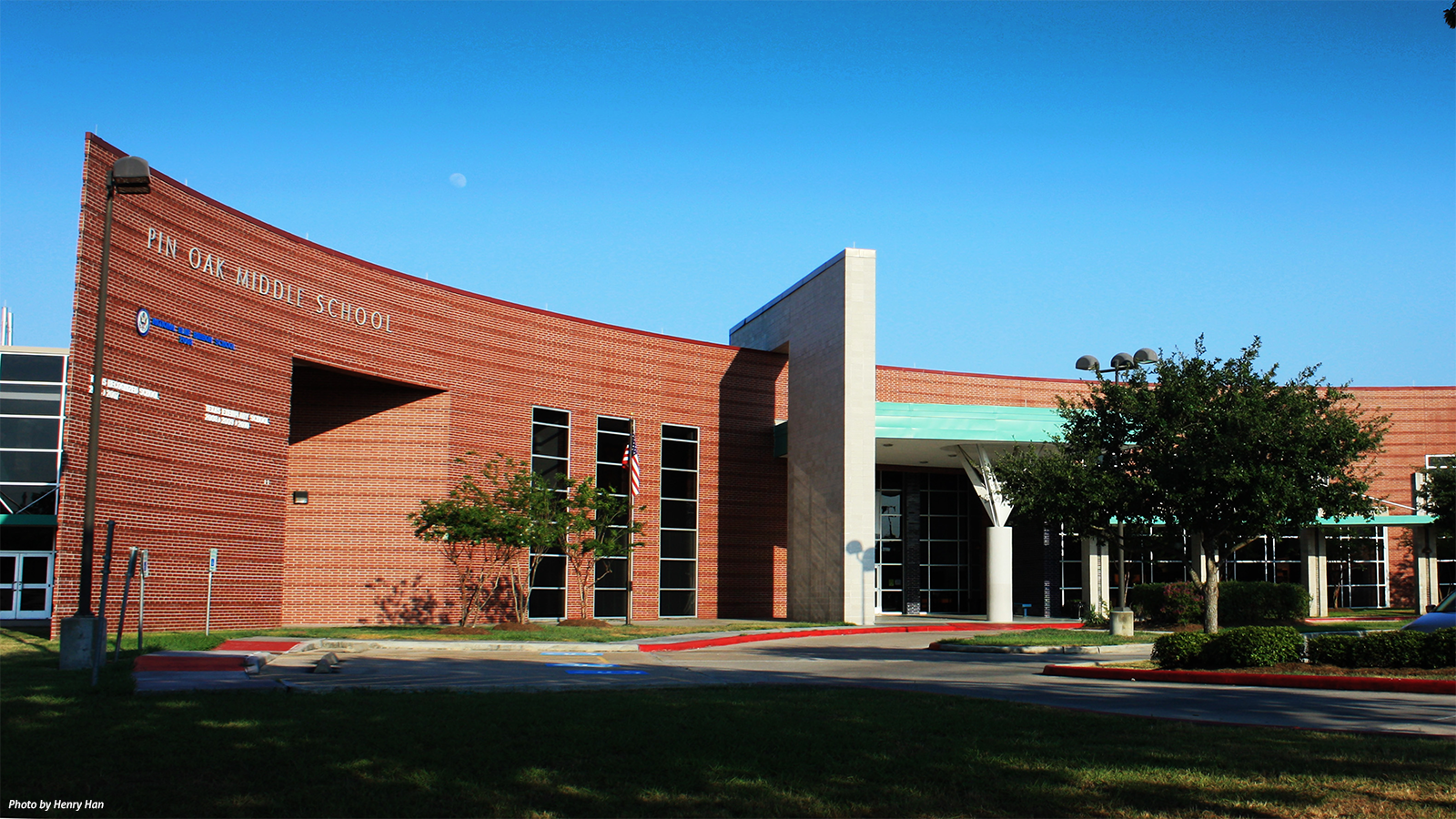The Value of Regional Support to Save Temecula Schools Today
Wiki Article
The Impact of College Environments on Academic Success and Personal Health
The style of academic rooms, consisting of natural lighting and ergonomic furnishings, can improve students' concentration and convenience. Just how can institutions strategically enhance these elements to much better support their trainees?Physical Format and Style
Exactly how does the physical design and style of a college effect scholastic success? The arrangement and aesthetic of a school environment can substantially affect students' understanding results. A well-designed institution format promotes ease of activity, minimizes disturbances, and promotes a feeling of safety and belonging. Broad corridors and plainly marked areas facilitate smooth shifts between classes, reducing lateness and disruption. In addition, strategically positioned common locations encourage social communications, which are crucial for psychological and social development.All-natural illumination and efficient air flow systems are pivotal in enhancing cognitive feature and lowering absenteeism. Studies have shown that classrooms with sufficient natural light enhance pupil focus and lower sensations of sleepiness. Ergonomic furniture tailored to pupils' needs can stop physical pain, allowing for extended emphasis and involvement in academic tasks.
Accessibility to outside areas and aesthetically pleasing surroundings additionally play a critical role - Save Temecula Schools. Green spaces and well-kept school premises give opportunities for workout and mental relaxation, both of which are essential for maintaining high levels of scholastic efficiency. Fundamentally, an attentively made physical setting can function as a stimulant for academic quality, fostering an ambience that supports both mentor and learning
Class Atmosphere
A favorable classroom ambience is essential to achieving academic success. An atmosphere that cultivates a sense of security, inclusivity, and shared regard urges pupils to engage more actively in their knowing procedures. The ambiance of a classroom, including elements such as lights, sound degrees, and seating arrangements, can substantially affect pupil concentration and inspiration. A well-ventilated, well-lit class with marginal distractions can improve cognitive feature and minimize stress and anxiety, thus promoting better academic results.Additionally, the class environment must sustain a society of partnership and open interaction. They are much more likely to involve deeply with the material and establish crucial thinking abilities when pupils feel comfy revealing their ideas and asking inquiries. Peer interactions and group activities can enhance learning by promoting and giving varied viewpoints synergy
Furthermore, developing regular routines and clear assumptions can produce a structured atmosphere that permits students to focus on their studies. By lessening uncertainty and providing a foreseeable framework, pupils can much better manage their time and responsibilities. Eventually, a positive class atmosphere not just boosts academic performance but also adds to the total health of students, preparing them for future academic and individual endeavors.
Teacher-Student Relationships
Structure on the significance of a positive class environment, the relationships in between instructors and trainees play an essential role fit look at this now scholastic success. A healthy teacher-student partnership fosters a learning atmosphere where trainees really feel valued, comprehended, and supported, which substantially boosts their inspiration and engagement. When students view their instructors as compassionate and approachable, they are much more likely to participate proactively in class and seek help when needed, contributing to a deeper understanding of the subject issue.
This depend on enables pupils to reveal their ideas and issues freely, cultivating a joint learning environment. In essence, strong teacher-student partnerships are a foundation of educational success, playing a vital function in both academic success and personal development.
Peer Interactions
Peer communications significantly affect academic success by forming a student's cognitive and social development. Within the college environment, peer relationships act as a foundational element for finding out and personal development. Positive peer interactions can boost a student's inspiration and involvement in scholastic tasks with joint knowing and shared assistance. When students collaborate in team setups, they trade concepts, fix issues collectively, and create critical believing abilities. Such interactions foster a sense of belonging and area, which is crucial for emotional wellness and academic willpower.
Effective peer communications likewise add to the growth of vital life skills, such as collaboration, my link problem, and interaction resolution. These social competencies are important for both academic success and personal informative post health, emphasizing the relevance of promoting positive peer characteristics within the school setting.
After-school Activities
Involving in extracurricular activities plays an essential function in a trainee's academic success and personal development. Research study consistently shows that pupils that participate in extracurricular tasks often tend to achieve higher scholastic efficiency.In addition, extracurricular participation promotes a feeling of belonging and area, which is important for individual well-being. Taking part in team tasks allows students to develop and enhance social networks, boosting their social and emotional knowledge. These interactions are crucial for establishing interpersonal abilities that are useful in both academic and future specialist atmospheres.
Additionally, after-school activities offer a constructive electrical outlet for trainees to explore their interests and interests past the typical curriculum. This expedition can bring about the discovery of new abilities and prospective job courses, even more encouraging trainees to involve even more deeply in their academic work. Finally, the function of after-school activities extends past simple entertainment; they are important to cultivating an all natural academic experience that advertises both academic success and personal growth.
Conclusion
Altogether, the impact of college settings on both academic success and personal wellness is extensive. Attentively designed physical designs and classrooms, in addition to favorable teacher-student connections and useful peer interactions, considerably improve pupil motivation and involvement. Additionally, the visibility of helpful educators can alleviate stress, promoting a supporting atmosphere for all natural development. These components jointly highlight the relevance of producing and preserving optimal school environments for the benefit of pupils' academic and individual development.Inevitably, a positive classroom environment not only boosts scholastic performance but likewise adds to the overall wellness of trainees, preparing them for future academic and individual undertakings.

Report this wiki page